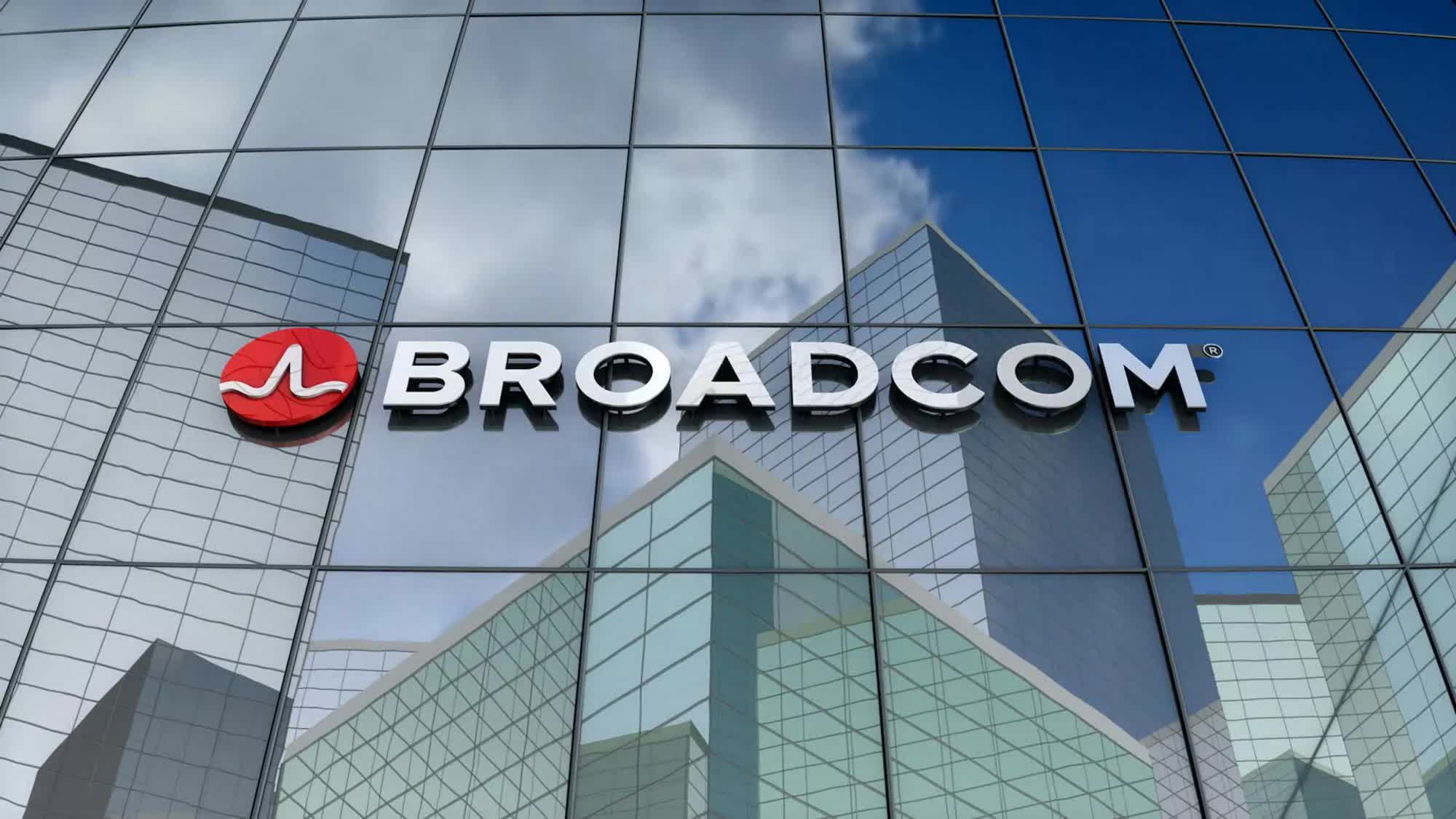BMW And Porsche's China Challenges: A Growing Trend

Table of Contents
Intensifying Competition from Domestic Brands
The rise of domestic Chinese electric vehicle (EV) manufacturers is significantly impacting luxury car sales. Brands like BYD, NIO, and Xpeng are rapidly gaining market share, posing a serious threat to established players like BMW and Porsche. This intensified "domestic competition" is forcing a reevaluation of traditional market strategies.
- Superior technology in EVs from Chinese brands: Domestic manufacturers are leveraging cutting-edge battery technology and advanced driver-assistance systems (ADAS), often exceeding the offerings of their international counterparts in specific areas. This technological edge is particularly appealing to tech-savvy Chinese consumers.
- Aggressive pricing strategies of domestic brands: Chinese EV makers are employing aggressive pricing strategies, offering competitive features at significantly lower price points than established luxury brands. This price advantage is a major factor driving market share gains.
- Growing preference for domestic brands amongst younger Chinese consumers: Younger generations in China demonstrate a growing preference for supporting domestic brands, fueled by national pride and a perception of superior value. This shift in consumer sentiment presents a substantial challenge to foreign automakers.
- Government support and subsidies for domestic automakers: The Chinese government actively supports its domestic auto industry through various subsidies and incentives, further bolstering the competitive advantage of local brands in the "Chinese EV market."
This burgeoning domestic competition is forcing BMW and Porsche to adapt their strategies, focusing on differentiating factors beyond price, such as brand heritage and bespoke customization options. Maintaining "luxury car sales in China" requires a nuanced approach to compete effectively.
Shifting Consumer Preferences and Demand
The Chinese automotive market is undergoing a significant transformation driven by evolving consumer preferences. The demand for electric vehicles (EVs) is surging, alongside a preference for SUVs and vehicles equipped with advanced technological features. Understanding these "Chinese consumer trends" is crucial for success.
- Increased preference for EVs over petrol/diesel cars: Driven by environmental concerns and government policies promoting EV adoption, the demand for electric vehicles is exploding. This necessitates a rapid shift towards electrified product lines for luxury car brands.
- Higher demand for SUVs in the Chinese market: SUVs remain highly popular in China, reflecting a preference for spaciousness and versatility. This continues to shape product development and investment strategies for automakers.
- Importance of advanced technology features (autonomous driving, connectivity): Chinese consumers highly value technologically advanced features, such as autonomous driving capabilities and seamless connectivity. This emphasis on technology is driving innovation and investment in connected car technologies.
- Focus on brand image and social status: While price remains a factor, brand image and social status remain significant drivers of purchasing decisions in the luxury car segment. This demands robust brand-building strategies focused on aspirational messaging.
To meet these changing demands, BMW and Porsche are investing heavily in electric vehicle development, expanding their SUV offerings, and integrating cutting-edge technology into their vehicles. Strategies for successful "EV adoption China" are central to their future. Successfully navigating the "SUV market China" and the evolving technological landscape is critical for maintaining competitiveness.
Economic and Geopolitical Factors
Economic slowdowns, trade tensions, and geopolitical uncertainties significantly impact the Chinese automotive market. These "geopolitical risks China" create uncertainty for BMW and Porsche, influencing both sales and operational strategies.
- Impact of economic slowdowns on luxury car purchases: Economic downturns invariably reduce demand for luxury goods, including premium vehicles. This necessitates flexible pricing strategies and targeted marketing to maintain sales during periods of economic uncertainty.
- Trade disputes and their effect on import costs and supply chains: Trade tensions and tariffs can increase import costs and disrupt supply chains, impacting profitability and production. This underscores the importance of local manufacturing and strategic sourcing.
- Geopolitical risks and their influence on business operations in China: Geopolitical instability can create uncertainty and potentially impact the operational environment for foreign businesses. Risk mitigation strategies are paramount.
- Government regulations and policies affecting the automotive industry: Government regulations, including emission standards and safety requirements, continually evolve, demanding ongoing adaptation and compliance. Understanding the "automotive industry regulation China" is critical.
Supply Chain Disruptions
Global supply chain disruptions, including microchip shortages, logistics bottlenecks, and raw material price fluctuations, pose significant challenges to automotive manufacturers operating in China. This necessitates robust risk management and diversification strategies to ensure uninterrupted production.
- Microchip shortages: The global semiconductor shortage continues to impact vehicle production, leading to delays and impacting sales forecasts.
- Logistics and transportation bottlenecks: Port congestion and transportation delays add costs and create uncertainty in the supply chain.
- Raw material price fluctuations: Fluctuations in the prices of raw materials, such as steel and aluminum, directly affect manufacturing costs.
- Dependence on global supply chains: Over-reliance on global supply chains makes manufacturers vulnerable to disruptions.
Adapting to the Chinese Market: Strategies for Success
To overcome these "China challenges," BMW and Porsche are employing various strategies, including localization, product adaptation, and targeted marketing campaigns. The effectiveness of these "China market entry strategies" is essential for long-term success.
- Local manufacturing and assembly plants: Establishing local manufacturing facilities reduces import costs and enhances responsiveness to market demands.
- Customized models and features for the Chinese market: Tailoring vehicle features and specifications to meet the specific preferences of Chinese consumers is crucial for competitiveness.
- Digital marketing and social media engagement: Leveraging digital marketing channels and social media platforms is essential to reach the target audience in China.
- Partnerships with local businesses and suppliers: Collaborating with local businesses and suppliers facilitates better understanding of the market and strengthens supply chain resilience.
The successful implementation of these strategies, incorporating aspects of "market localization" and effective "China marketing strategies," will determine the future success of these luxury brands in the dynamic Chinese market.
Conclusion
The Chinese automotive market presents significant and evolving challenges for luxury brands like BMW and Porsche. Intense competition from domestic brands, shifting consumer preferences, and complex economic and geopolitical factors require dynamic and adaptive strategies. Successfully navigating these "China challenges" demands a deep understanding of the local market, continuous innovation, and a willingness to adapt. By focusing on localization, technological advancement, and targeted marketing, these brands can hope to maintain their presence and achieve long-term success in this crucial market. Continue learning about the evolving dynamics of the "China challenges" facing the automotive industry to stay informed and competitive.

Featured Posts
-
 Padres Lineup Update Jackson Merrills Return And Campusanos Demotion
May 16, 2025
Padres Lineup Update Jackson Merrills Return And Campusanos Demotion
May 16, 2025 -
 Ver Crystal Palace Vs Nottingham Forest En Vivo Online
May 16, 2025
Ver Crystal Palace Vs Nottingham Forest En Vivo Online
May 16, 2025 -
 Rock Creek Bacteria Warning Rfk Jr And Family Take A Dip Despite Risks
May 16, 2025
Rock Creek Bacteria Warning Rfk Jr And Family Take A Dip Despite Risks
May 16, 2025 -
 Dodgers Defeat Giants Freeman Kims Home Runs Fuel Comeback
May 16, 2025
Dodgers Defeat Giants Freeman Kims Home Runs Fuel Comeback
May 16, 2025 -
 Broadcoms V Mware Deal At And T Exposes A Staggering 1 050 Price Increase
May 16, 2025
Broadcoms V Mware Deal At And T Exposes A Staggering 1 050 Price Increase
May 16, 2025
Latest Posts
-
 Max Muncy Addresses Nolan Arenado Trade Rumors Dodgers Insider Details
May 16, 2025
Max Muncy Addresses Nolan Arenado Trade Rumors Dodgers Insider Details
May 16, 2025 -
 Los Angeles Dodgers Assessing The Impact Of The Offseason Moves
May 16, 2025
Los Angeles Dodgers Assessing The Impact Of The Offseason Moves
May 16, 2025 -
 Top Dodgers Minor League Players To Watch Kim Hope Phillips And Miller
May 16, 2025
Top Dodgers Minor League Players To Watch Kim Hope Phillips And Miller
May 16, 2025 -
 Dodgers Promote Hyeseong Kim Impact On The Roster And Lineup
May 16, 2025
Dodgers Promote Hyeseong Kim Impact On The Roster And Lineup
May 16, 2025 -
 Dodgers Offseason Review Assessing The Teams Prospects For 2023
May 16, 2025
Dodgers Offseason Review Assessing The Teams Prospects For 2023
May 16, 2025
